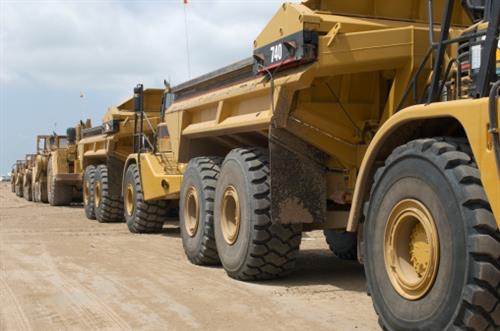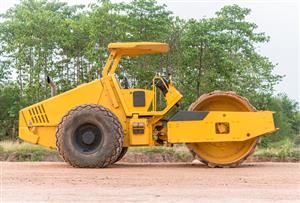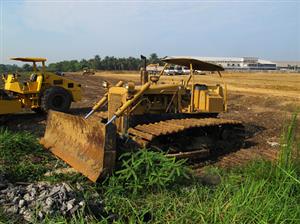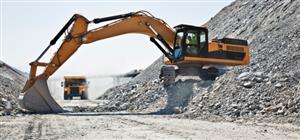
With succession planning or selling a business, you must know the value of your construction company. A business valuation can help with that. Find out what you need to know when valuing a construction company for transition purposes.
Timing
All too often, business owners don't think about selling their business until something catastrophic happens, such as disability or divorce. Perhaps you've heard that the worst time to go car shopping is when you need a car ASAP, such as after an auto accident. Well, the same analogy holds true for transitioning your business. The worst time to seek a valuation is when you need to sell your company immediately due to a change in circumstances.
Savvy construction firm owners begin the process of seeking valuation up to seven years before they actively get out of their business. This extended time frame allows business owners to develop a transition plan, make changes to the company structure to boost attractiveness, and prepare the construction company for transition.
Partnerships
Your partner in valuing a business is an appraiser who has demonstrated experience with construction companies. The right appraiser will have experience valuing other construction companies and will understand the equipment you use. Since you will be acting upon the valuation to prepare your business for transition, it's important to choose someone who communicates clearly. If you don't understand the business valuation, how can you act on it?
To complete the transition, you will also need a business attorney and tax specialist. If you don't have an attorney or tax preparer, find partners while you are still in the planning stages of transitioning your construction company.
Preparation
Valuing a construction company provides a snapshot of the company's worth at a moment in time. Your appraiser will explain why the company has the value it has and how you can boost the value, which would increase profits in a sale.
Your appraiser will also explain the method used in valuing your construction company, which can help you prepare for a successful transition. While income-based methods, which include discounted cash flow and EBITDA, are traditionally used when valuing a construction company, there may be times when other methods (like an asset-based approach) are more appropriate.
After your business valuation, identify what steps you will take to position your business for transition and increase value accordingly. Boosting business value in the years before you transition means you make more money when you cash out.
For instance, your business may be more attractive on the open market if you are keeping your employees and assets, so a new owners can jump right in with a team of skilled laborers. You would need to determine when, what, and how often to communicate with employees regarding the transition. Clear communication reduces rumors and gossip, which can create a toxic work environment if left unchecked.
If you've been skating by with old equipment, your business might look more attractive if you replaced legacy equipment with newer models. By budgeting for this ahead of time, you can position your business for a smooth transition while maximizing your profits.
By preparing ahead of time for the transition, you can pave the way for the company you worked hard to build to change hands successfully. You may also be able to get a better price for your business, because you know the true value of your company and can better communicate it to others.



